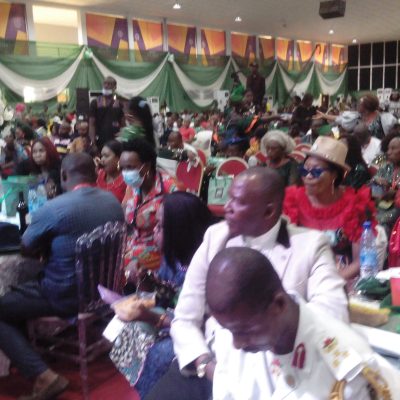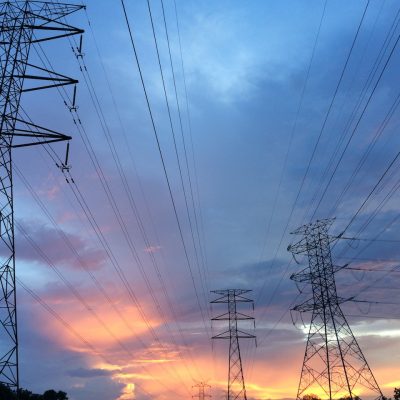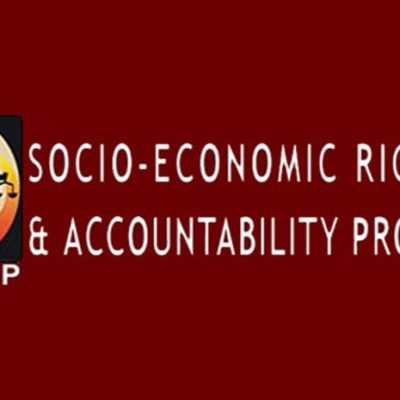INEC ADVISES STAKEHOLDERS ON KNOWLEDGE OF NEWLY AMENDED ELECTORAL ACT
INEC ADVISES STAKEHOLDERS ON KNOWLEDGE OF NEWLY AMENDED ELECTORAL ACT
The Independent National Electoral Commission (INEC) has advised civil society organisations, the media, political parties and all the critical stakeholders to study the Electoral Act 2022 and have a working knowledge of its details.
INEC gave the advise on friday in Abuja at the Yiaga Africa Post-election Roundtable and Public Presentation of Final Report on the Observation of the 2022 Ekiti and Osun Governorship Elections.
The chairman INEC, Prof Mahmood Yakubu said that unless there is good knowledge of the document, it will be very difficult to understand and follow the electoral processes , the innovations and some of the changes the commission will make.
Represented by the commissioner for information and voter education Barr. Festus Okoye, the chairman said that citizens would be involved at every inch of the process in terms of knowing what goes on at the various polling units through INEC’s processes and procedures.
He said that the commission will continue to listen, harvest and learn valuable lessons from the recently conducted Edo, Ondo, Anambra, Ekiti and the Osun governorship elections in shaping the approach to the 2023 general election.
” We are going to harvest all the good practices, we are also going to look at some of the those issues we did not do so well and we will improve on them. Our assurance is that this commission will not lower the bar and we are going to continue to upload polling unit results to our INEC results viewing portal”
He assured that the commission will continue to manage the results collation process transparently.
The Board Chairman of Yiaga Africa, Dr Husseini Abdu said that the Ekiti and Osun governorship elections marked a very significant turning point for electoral history in the country as they were held after the amendment of the Electoral Act, particularly the use of the Bimodal Voter Accreditation System (BVAS).
He, however, said that logistics remain a major challenge of the electoral process, adding that the event was aimed at looking at some of the electoral challenges from past elections to chat a way forward for 2023.
He advised INEC to work on its logistics, the distribution of voters to polling units and address the challenge of disproportional polling units where some units overcrow with thousands of voters leaving other areas scanty .
The Director of Programmes ,Yiaga Africa, Ms Cynthia Mbamalu presenting the summary of the report said that it recommended that the National Assembly should expedite action in passing the National Electoral Offences Commission Bill to allow for arrest and protection of electoral violators .
She urged INEC to revisit voter allocation to polling units for equitable distribution of voters, prioritise an audit of voter register to avoid duplication and the inter-agency committee should be expanded to include anti-graft agencies among others.
She said that the report want security agencies to be neutral and professional during election duties, build early warning systems against violence and develop strategic ways to prevent vote-buying.
She said that the report urged political parties to engage on issue-based campaigns, refrain from vote-buying, calling the media to remain professional, and civil society organizations to continue increased voter education.
The Chairman of Inter-party Advisory Council (IPAC), Mr Yabagi Sani, advised Yiaga Africa and INEC to work closely with political parties ahead of 2023 and build the confidence of citizens to own the process and promote democracy.
“As political parties, we observed that there is still a lacuna that all of us must have to weigh in ,that is the transmission of electoral results form polling units, you transmit the results to the INEC portal but the biggest issue which is why our elections are questionable is the issue of collation because there is a saying that it is not those that vote that determine who wins but those who count.”





